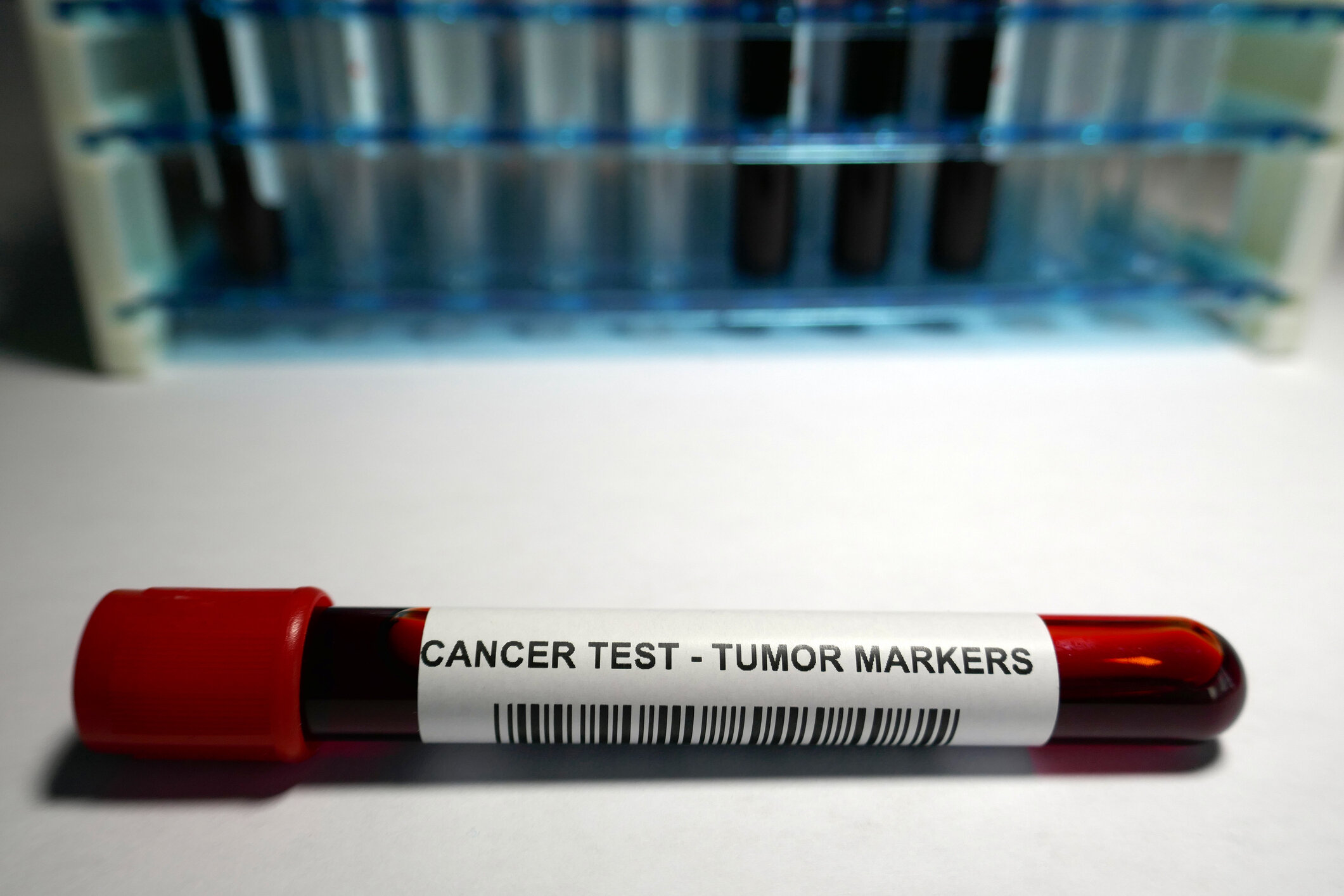Companion Diagnostics Insights – What do you really know? An essential component to your pre-launch plan
By Marianne Fillion, VP North America
Companion diagnostics (CDx) and laboratory diagnostic tests are key components of the patient pathway, especially in oncology. While the importance of biomarker testing and tumor profiling is more and more accepted by the medical community, few pharma and diagnostic companies have a solid handle on what drives testing behaviors.
The field of precision medicine is becoming more and more crowded and competitive, in many ways:
There are multiple therapies available for the same indication (ex: Exon20 for metastatic NSCLC)
There are multiple tests available for the same biomarker (ex: PD-L1)
There are multiple biomarkers of interest to be tested, for the same indication, on the same sample (ex: NSCLC: PD-L1, EGFR, ALK, BRAF, MET, PIK3, HER2, ROS1, RET, NTRK)
Moreover, there are several new biomarkers on the horizon, making “staying up to date” for physicians and lab experts even more difficult and complex.
Commercialization success of a targeted therapy or a laboratory test is not just about the therapy, but about the test itself. Biomarker testing is not automatic and can take years to reach uptake and market penetration. Multiple factors can delay or hinder test adoption (hence therapy adoption and sales) and gathering insights from your key stakeholders is paramount to ensuring undelayed adoption and therapy access to all patients.
Many factors can greatly influence the commercial success of your targeted therapy and/or companion diagnostic test. How informed is your commercial team on?
Biomarker awareness amongst clinicians and pathologists
Perception of clinical utility
Diagnostic journey and testing algorithm
Market access and reimbursement
Uptake testing curves
And beyond these key metrics to track, do you have a good understanding of factors that influence pathologists and clinicians’ behaviors? How is cancer and mutation incidence, availability of treatment options, and extent of biomarker testing available in a specific cancer type affecting clinicians testing behaviors, adoption and proactiveness? What about the influence of the work setting? Or their experience with previous, similar biomarkers? Because when it comes to biomarker testing, one size DOES NOT fit all!
At Purdie Pascoe, we specialise in medical devices and diagnostic research, and understand the importance of data-driven CDx and test commercialization to achieve a successful launch and continued uptake (both from a test and therapy perspective).
Working with a partner that specializes in lab diagnostics and CDx market research will allow you to gain from all previous projects done and our diagnostic experience. We can advise on the best research approach and most pressing data needs for your therapy and your companion diagnostic, including research design for CDx ATU (baseline and tracking), diagnostic/ tissue journey, CDx implementation strategy research, reimbursement, and market access research. But more importantly, we can help you identify the right questions, making sure we deliver the right answers to you and your team.
For more information about our expertise in companion and laboratory diagnostics market research, please contact Marianne Fillion, MSc. VP North America

